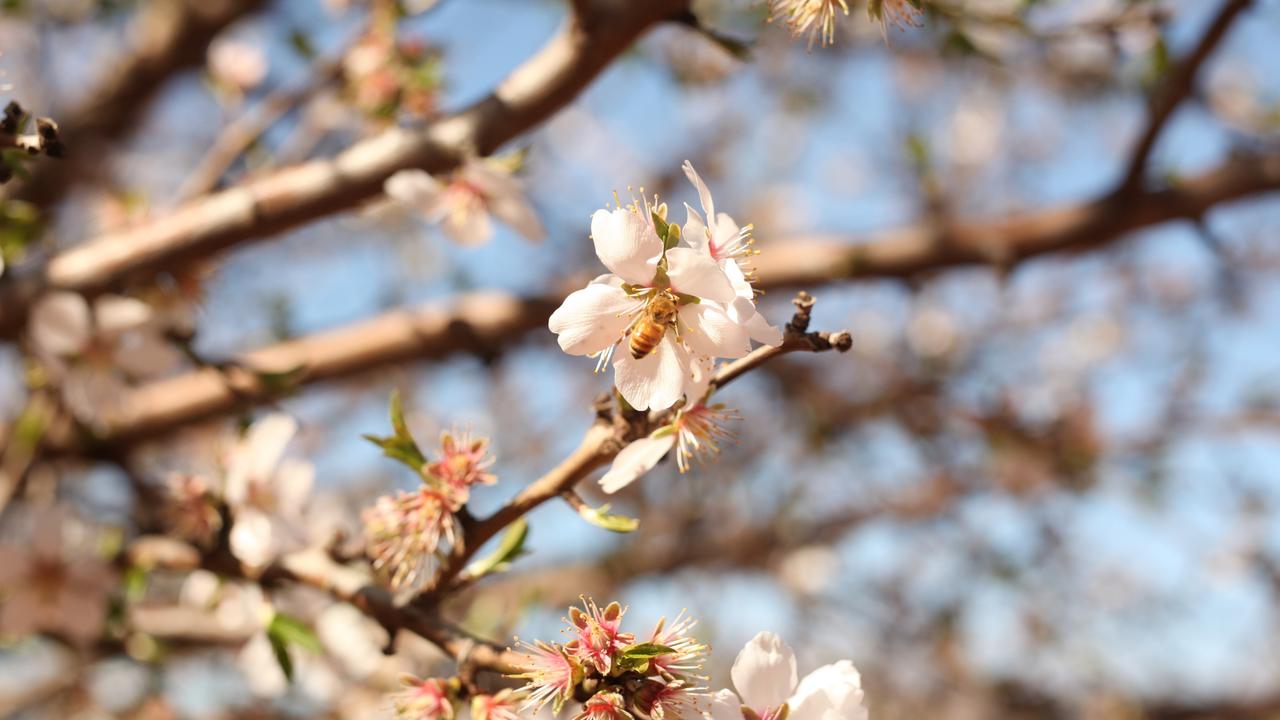Shanghai lockdown: What China’s Covid strategy means for agriculture
As China works to maintain its ‘Covid Zero’ approach to the global pandemic, what opportunities could arise for Australian ag?

Ongoing Covid lockdowns across China could provide opportunities for Australian farmers, experts say.
Covid cases are surging across China with much of the nation’s financial hub Shanghai — home to 26.3 million people — under strict stay-at-home orders since last month as the nation remains committed to its zero-Covid strategy. The lockdowns have disrupted supply chains, leading to severe labour shortages and prompting concerns about availability of food.
According to media reports, the transport sector has been among the hardest hit by the lockdowns with a shortage of truck drivers and a significant backlog of ships at the port of Shanghai — the world’s biggest container port. Bloomberg reports the Shanghai port as having run out of electric plug slots to keep refrigerated containers cool with many ships forced to divert to other ports such as Shekou, Yantian and Hong Kong.
It is understood that Shenzhen’s Shekou port terminal, about 1400km southewest of Shanghai, last week banned imports of frozen meat and seafood products to deal with the backlog of imports.
Experts say while lockdown conditions in Shanghai are slowly eased, rolling restrictions could continue to eat away at the Chinese economy, with the ramifications to be felt across the global market.
China is Australia’s biggest export market for agricultural, fisheries and forestry products with shipments valued at $12 billion in 2020-21. Australian ag exports to China have risen about 300 per cent since 2001.
A Commonwealth Bank Australia agricommodities report said whole milk powder futures prices last week fell modestly, with a turnaround in prices hanging on “China’s lockdowns easing enough to allow operations at its key ports to normalise”.
ANZ head of agribusiness insights Michael Whitehead said while Shanghai boasted a large population, it accounted for just 2 per cent of China’s total population, which could limit the effect of a stagnant locked-down economy.

“What we have seen in China in the past is if the economy does slow down, and consumer behaviour slows down with it, there is a shift in what consumers will buy, and that could impact consumer’s tastes for particular cuts of meat, for particular kinds of dairy products, so Australia could start to feel some of those changes.”
Commodities such as wool could be most affected, Mr Whitehead said.
But the Chinese ban on South African wool imports due to an outbreak of Foot and Mouth Disease could also change the dynamic in China.





